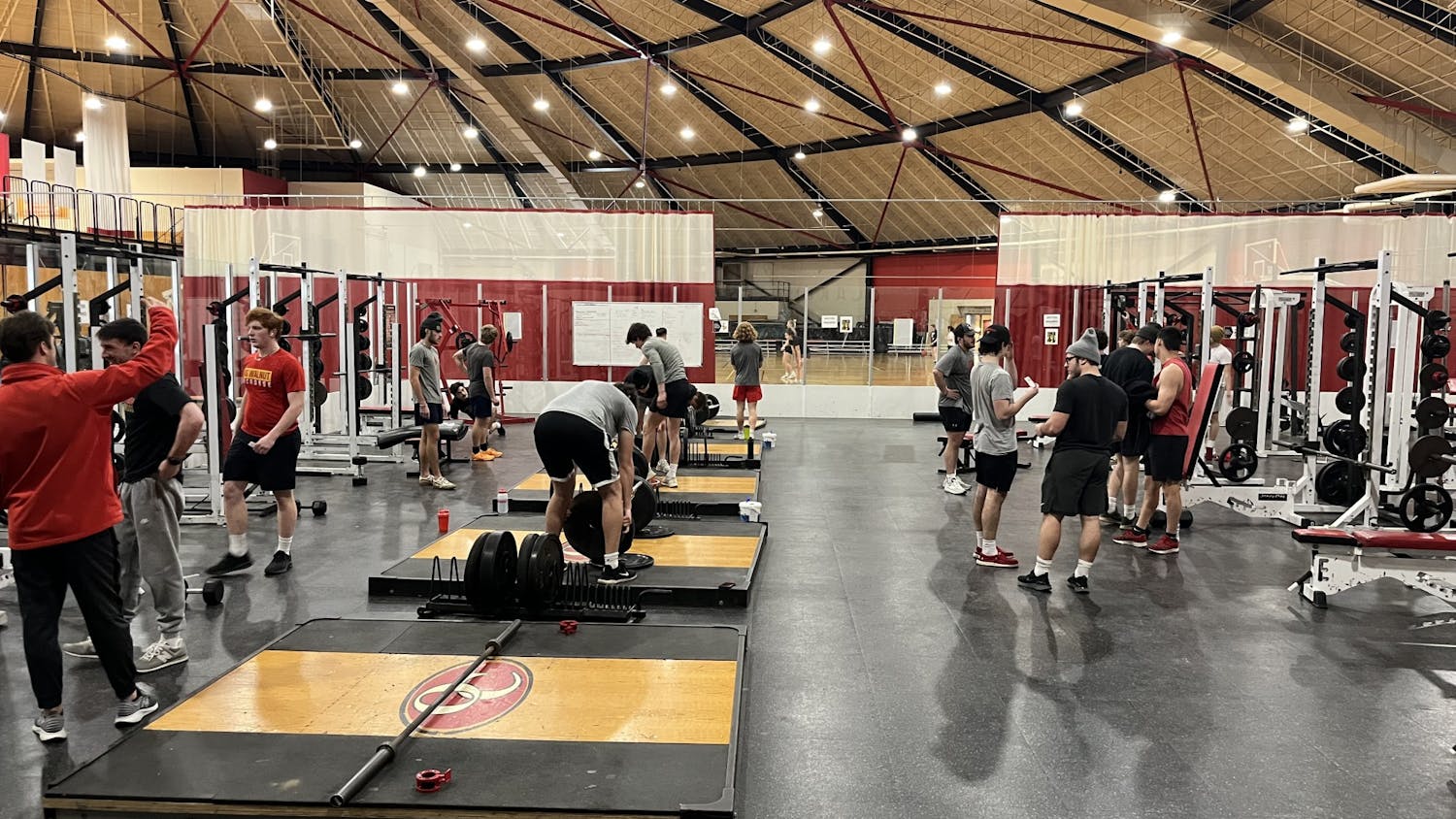After concerns were raised to Otterbein Student Government (OUSG) about textbook prices, OUSG passed a resolution (OUSG Resolution 2018-2019-6) to call on the university to take textbook affordability seriously.
Alan Grove, a junior psychology major said, “Personally I can spend a couple hundred dollars on textbooks a semester depending on what courses I have and how many I am taking. It doesn't help when I already have a thousand dollars in bills each month, so it would be nice not to pay as much for textbooks when I already have other bills to pay.”
Jefferson Blackburn-Smith, the vice president of enrollment management and chairman of the textbook affordability group said, “We know that at Otterbein, there are a significant number of students that do not have all their materials on the first day of class and a relatively large percentage don’t buy textbooks at all.”
The textbook affordability group which Rife and Blackburn-Smith serve on, was established to investigate ways that Otterbein can make textbooks more accessible and affordable for students.
“This committee also includes faculty and staff such as individuals from enrollment, the business office, IT; there are people from a wide array of different areas on campus and they are looking into the best solution for Otterbein students,” said Rife.
The cost of textbooks has increased in the past few decades. “When we look at the National data, on textbook affordability, the annual price of textbooks has increased about 100% since the late 1970s,” said Blackburn-Smith.
Several schools are doing a variety of different things right now when it comes to textbook affordability.
Recently, Xavier University instituted a textbook affordability program called the Inclusive Access Program. Students pay a flat rate in their tuition and then when they show up on the first day of classes and their books are ready for them.
“If we went with this model, every student would pay the same thing no matter what their major is,” said Rife. There are pros and cons to the model, according to Rife.
“The pros is that it can benefit student learning greatly. A lot of students wait to buy their books or never buy their books...sometimes students can’t afford them and can’t afford an access code. It can really harm their grades and ability to succeed in a course without the materials that are assigned to help them succeed in the course,” said Rife.
The con with this model is pricing can fluctuate based on how many books as whole the university needs and what each student needs. The biggest criticism and critique is this model can vary and fluctuate, said Rife.
Another option Otterbein is exploring is Open Education Resources (OER). This includes educational materials that are made free to students. This is usually constructed by professors and is often something faculty could do on sabbatical, according to Rife.
“The challenges that [OER] brings is that, (1) There is not necessarily the appropriate material available for every course that we teach. (2) It requires the faculty member that’s teaching the class to curate that material. The faculty member has to find everything and direct students to it,” said Blackburn-Smith.
There are many criticisms of the OER program. A problem that OER endures is it is a slow process and is costly for the university, according to Blackburn-Smith. Another negative is “some faculty say that OER resources aren’t as good or that it does not include enough content to provide for their students,” said Rife.
The problem of textbook affordability originated out of a concern voiced by OUSG and is now being handled on a university level.
“There needs to be more of a conversation about what works best for Otterbein students and how we can tackle the issue of textbook affordability but we obviously don’t know the solution,” said Rife.
A previous Student Life grant was used to add more books in the Courtright Memorial Library to course reserve. Students are encouraged to use textbooks set aside on course reserve in the library or join the Otterbein textbook marketplace group on Facebook where students can buy and sell their textbooks to other Otterbein students. These were both successful OUSG initiatives.
"We have been promoting this to faculty, in library instruction sessions, and word of mouth. If a student asks for a book that is not on reserve, we take down that information and look into adding it to reserves," said Otterbein professor and librarian, Allen Reichert.
67 titles have been purchased with the funds and there have been around 381 reserve checkouts this academic year, according to Reichert.
More information about the intermission of the textbook initiative and the request for proposal of the textbook initiative can be found in previous T&C articles.
Otterbein University is not close to making a decision on textbook affordability, but is hoping to have a plan in place by fall of 2022.







